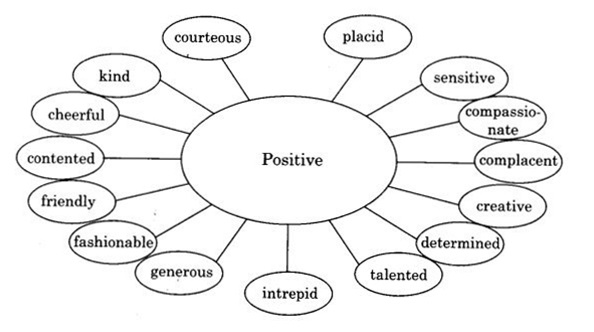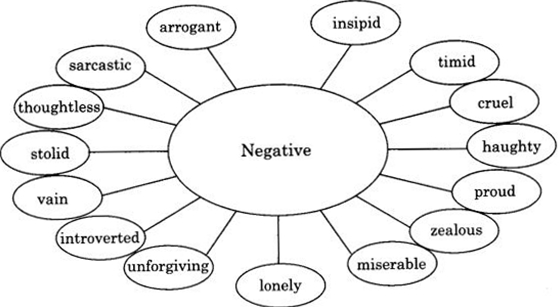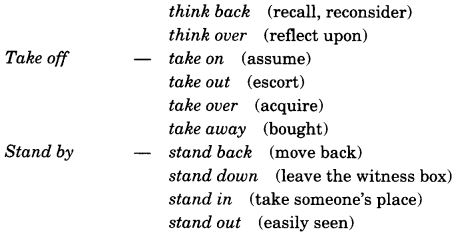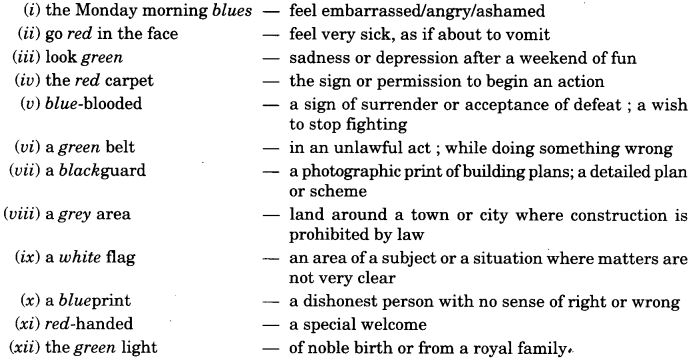NCERT Solutions for Class 10 English First Flight Poem Chapter 4 How to Tell Wild Animals are part of NCERT Solutions for Class 10 English. Here we have given NCERT Solutions for Class 10 English First Flight Poem Chapter 4 How to Tell Wild Animals.
| Board | CBSE |
| Textbook | NCERT |
| Class | Class 10 |
| Subject | English First Flight Poem |
| Chapter | Chapter 4 |
| Chapter Name | How to Tell Wild Animals |
| Category | NCERT Solutions |
NCERT Solutions for Class 10 English First Flight Poem Chapter 4 How to Tell Wild Animals
TEXTUAL QUESTIONS
(Page 45)
Thinking About the Poem
Question 1.
Does ‘dyin’ really rhyme with ‘lion’ ? Can you say it in such a way that it does ?
Answer:
It does not really rhyme with ‘lion’. But it can be said to be rhyming if it is spoken that way. There is very small difference when it is spoken that way.
Question 2.
How does the poet suggest that you identify the lion and the tiger ? When can you do so, according to him ? (Imp.)
Answer:
The poet suggests that we should identify a lion. We should do so by his large and brownish-yellow colour and roar. It can be done when the lion comes near. The tiger has black stripes on the yellow background. He looks noble. He eats one as soon as he comes near.
Question 3.
Do you think the words “lept’and ‘lep’in the third stanza are spelt correctly ? Why does the poet spell them like this ? (Imp.)
Answer:
These words are not spelt correctly. The poet spells them on his own. He does so to create rhyming between them and an eating effect of the tiger.
Question 4.
Do you know what a ‘bearhug’ is ? It’s a friendly and strong hug—such as bears are thought to give, as they attack you ! Again, hyenas are thought to laugh, and crocodiles to weep (‘crocodile tears’) as they swallow their victims.
Are there similar expressions and popular ideas about wild animals in your own language(s) ?
Answer:
A ‘bearhug’ is the bear’s tight embrace. Hyenas never laugh. But their faces look like that. Crocodiles do not weep but tears come when they swallow their victims. In our language we have similar expressions like : मगरमच्छ के आँसू , हथी के दाँत खाने के और , दिखाने के और : खिसियानी बिल्ली खम्भा नोचे ,etc.
Question 5.
Look at the line ‘A novice might nonplus’. How would you write this ‘correctly’ ? Why is the poet’s ‘incorrect’line better in the poem ?
Answer:
It would be written like : ‘A novice might be nonplussed. The poet’s incorrect line is better because it rhymes with ‘caress’.
Question 6.
Can you find other examples of poets taking liberties with language, either in English or in your own language(s) ? Can you find examples of humorous poems in your own language(s) ?
Answer:
Yes, many poets take such liberties to create proper rhyming. These are for example : kirk is used for ‘church’ to rhyme with ‘work’. Ken is used for ‘see’ to rhyme with ‘pen’.
Question 7.
Much of the humour in the poem arises from the way language is used, although the ideas are funny as well. If there are particular lines in the poem that you especially like, share these with the class, speaking briefly about what it is about the ideas or the lan¬guage that you like or find funny.
Answer:
Mainly meant for the students at class level.
I like the following lines :
— Just notice if he eats you.
— ‘Twill do no good to roar with pain.
— He’ll give you just one more caress.
— A novice might nonplus.
— Hyenas come with merry smiles
Then the ideas are treated humorously. There are wild beasts. They see one and kill at once. They never embrace, ‘hug’ or smile merrily on their victims. Bears are said to ‘hug’ one to death as they press one very hard.
We hope the NCERT Solutions for Class 10 English First Flight Poem Chapter 4 How to Tell Wild Animals help you. If you have any query regarding NCERT Solutions for Class 10 English First Flight Poem Chapter 4 How to Tell Wild Animals drop a comment below and we will get back to you at the earliest.
















